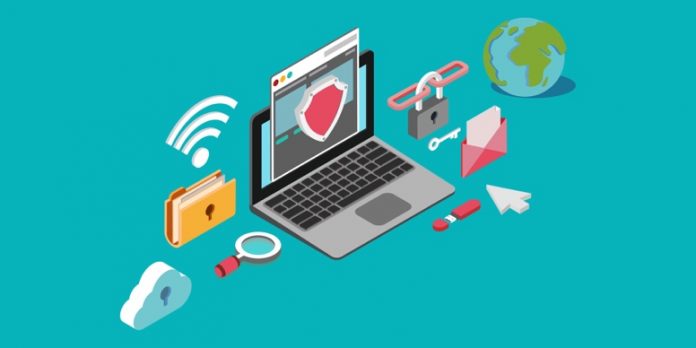
Now that the global pandemic is showing signs of stopping, and the world is returning to some sense of normality, people are again beginning to do the things that they used to love before Covid-19 hit. For many, the virus confined many to their homes where they looked to the internet to provide much of their leisure activities. Going online allowed people to partake in activities such as gambling, you can find some great sites here, and other forms of entertainment. The internet also allowed people to call and video chat with their loved ones, acting as a vital lifeline to the vulnerable or those in isolation. People are now more familiar and arguably more reliant on the web, with applications like Zoom and Microsoft Teams becoming commonplace. Because of this, it is important to know how to stay safe online.
The creation of the internet revolutionised the way the world works, essentially making everyday life easier. But there is a price to pay for this added convenience. Unscrupulous people have used the internet as a way of scamming people for money, hacking into a person’s personal information, or even more sinister crimes. Police forces have deployed whole divisions to combat online crime given the internet’s potential for it but unfortunately, it is still widespread. Someone who frequently surfs the web should therefore know how to protect themselves and their computer.
The first and most obvious key to staying safe online is setting strong passwords for your accounts. It is very common for people to use easily guessed passwords such as names, birthdays, and generic words like ‘password123’ to protect their accounts. To a hacker, this is a goldmine, and it is likely that an account guarded by one of these phrases will be compromised. Using long, random strings of letters and numbers will ensure the best protection for your accounts – you can remember them by writing them down physically. Furthermore, using a service such as Avast Hack Check will guarantee that your passwords have not been in a recent data leak, giving you the best protection possible.
Perhaps the most common way that scams and viruses fool people is by using phishing links. This usually comes in the form of pop-ups and emails that will encourage the user to click on them. Whilst most of the time they are easily recognisable, some advanced scams are more subtle and have developed the ability to perfectly mimic legitimate companies’ websites. These are perhaps the most dangerous type of scam, but one way to protect yourself is to remember to click off a site if anything seems unusual. If you need to use the website in question, typing it into Google will provide the genuine site. In the case of emails, never open one that you do not recognise.
In a world that is becoming increasingly dependent on the internet, users must know how to keep themselves safe. Following this guide should lead to a protected, peaceful web-surfing experience.